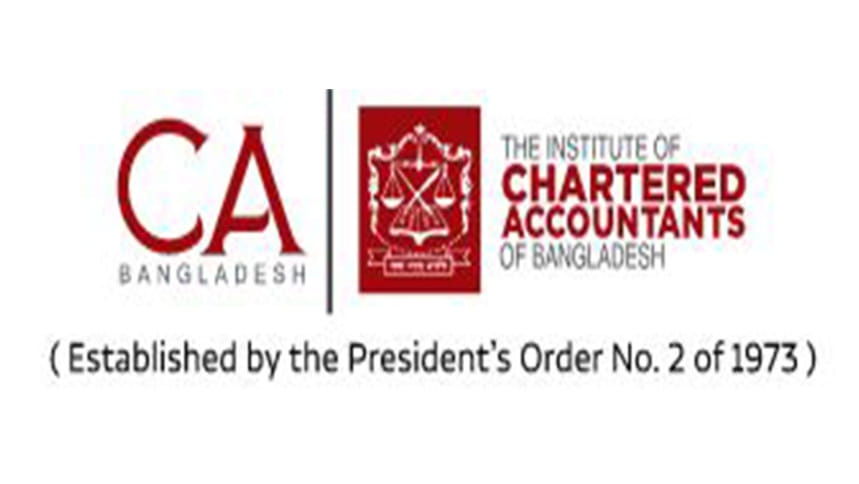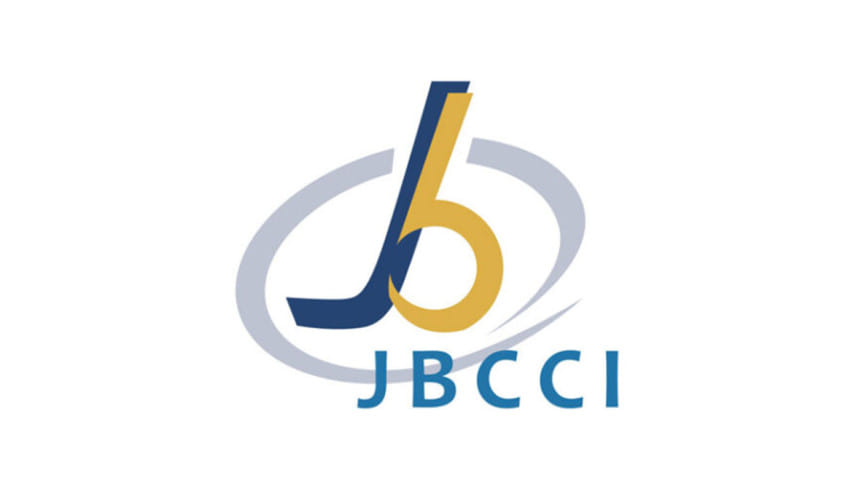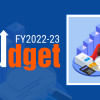Ensure simple tax measures

Simplification of tax administration and proper infrastructure development are needed to attract more foreign direct investment (FDI) to Bangladesh, according to speakers at a roundtable on FDI prospects in view of the proposed national budget for the fiscal year of 2022-2023.
The discussion was jointly organised by the Institute of Chartered Accountants of Bangladesh (ICAB) and the Japan-Bangladesh Chamber of Commerce and Industry (JBCCI) at the InterContinental Dhaka in the capital yesterday.
Addressing the event as chief guest, Japanese Ambassador Ito Naoki said Bangladesh has set a very a unique example in terms of economic recovery from the Covid-19 pandemic.
"However, the Russia-Ukraine war has again changed the world's economic situation," he said.
Mentioning that all international rules and regulations should be followed, Naoki said foreign companies in Bangladesh need to renew their work permits after every one to three years, which is not realistic.
"It should be made a one-time issue."

The Japanese ambassador went on to say that ICAB and the JBCCI will continue collaborating to create a congenial business environment in Bangladesh where foreign investors can enjoy more facilities.
"They (ICAB and JBCCI) will come together with specific proposals to the policymakers and very strategic efforts are needed for this purpose," Naoki added.
ICAB President Md Shahadat Hossain said Japan has been continuously supporting Bangladesh for the nation's successful graduation from its status as a least developed country.
Approximately 320 Japanese companies are currently doing business in Bangladesh and the number is expected to rise in the next few years.
Bangladesh aims to bring $2 billion in FDI in 2022 and $2.5 billion in 2023, and the ICAB believes that Japanese entrepreneurs will largely contribute to achieving this target, he added.
JBCCI President Asif A Chowdhury said appropriate reform measures are needed in the country's tax administration to reduce the bureaucratic tangle and interference in business and investment to attract more investment.
Stressing the need for improving the efficiency of port services, he said customs clearance procedures must be simplified to ensure ease of doing business. He also placed some recommendations regarding privatisation, modernisation of business law and policies for macroeconomic stability.
Highlighting key features of the next budget, ICAB Vice President NKA Mobin demanded simplification of the country's tax administration and proper infrastructure development to attract more FDI.
Yuji Ando, chief country representative of the Japan External Trade Organisation, said VAT registration has been made mandatory for liaison and branch offices of foreign companies from the next fiscal year, which will take more time as entrepreneurs will face difficulty in the VAT registration process.

 For all latest news, follow The Daily Star's Google News channel.
For all latest news, follow The Daily Star's Google News channel. 








Comments